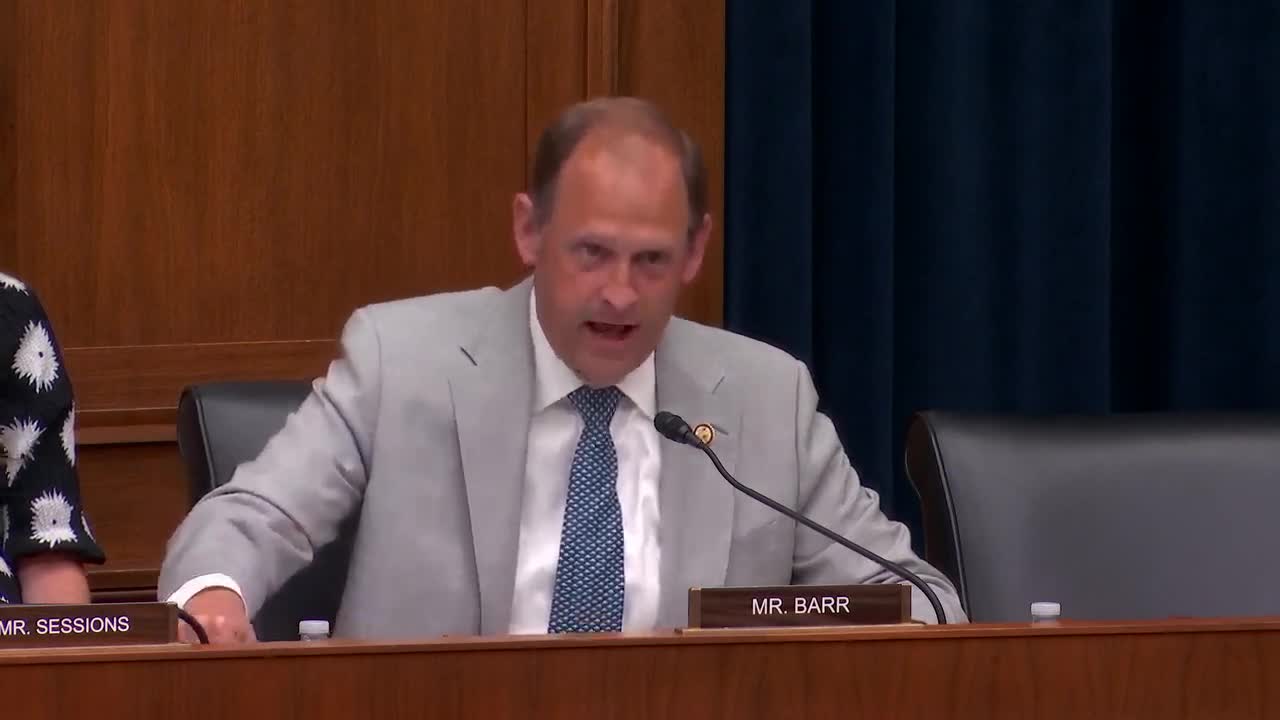
This article was created by AI using a video recording of the meeting. It summarizes the key points discussed, but for full details and context, please refer to the video of the full meeting. Link to Full Meeting
During the discussions, Congressman Ricehouse highlighted alarming findings from a select committee report, which revealed that five venture capital firms had funneled over $1.9 billion into Chinese AI companies linked to human rights abuses and military modernization. This prompted calls for a robust regulatory framework to prevent U.S. capital from bolstering adversarial technologies.
The committee explored the effectiveness of existing tools, such as sanctions and entity-based approaches, to mitigate risks associated with outbound investments. Congressman Ricehouse emphasized the importance of a balanced strategy that would protect national security without stifling beneficial investments. He introduced the Fight China Act, advocating for a comprehensive approach to safeguard sensitive technologies while allowing for positive economic engagement.
Another significant point raised was the need for a more navigable investment framework, akin to a "red light, green light" system, to simplify decision-making for U.S. investors. This would help clarify which investments are deemed risky and which are acceptable, reducing uncertainty that often accompanies the current CFIUS process.
The discussions also touched on the technological limitations facing China in sectors like integrated circuit manufacturing. Experts noted that while China can invest heavily, it often lacks the necessary technological know-how to effectively utilize that capital. This insight underscores the importance of controlling not just the flow of money but also the transfer of technology through outbound investments.
As the committee continues to refine U.S. investment policies, the emphasis remains on ensuring national security while fostering a competitive economic environment. The outcomes of these discussions will likely shape future regulations and investment strategies, aiming to protect American interests in an increasingly complex global landscape.
Converted from U.S. Policy on Investment Security (EventID=118489) meeting on July 13, 2025
Link to Full Meeting
Comments
View full meeting
This article is based on a recent meeting—watch the full video and explore the complete transcript for deeper insights into the discussion.
View full meeting